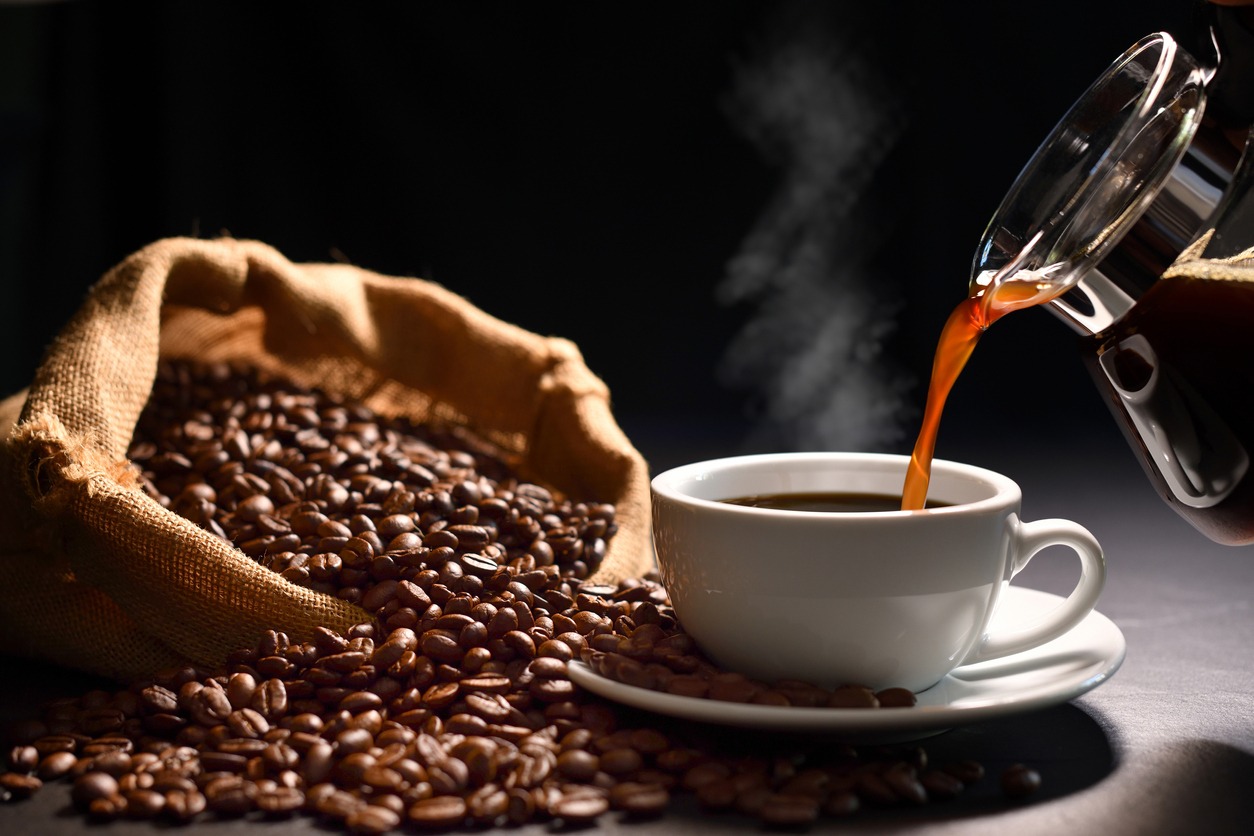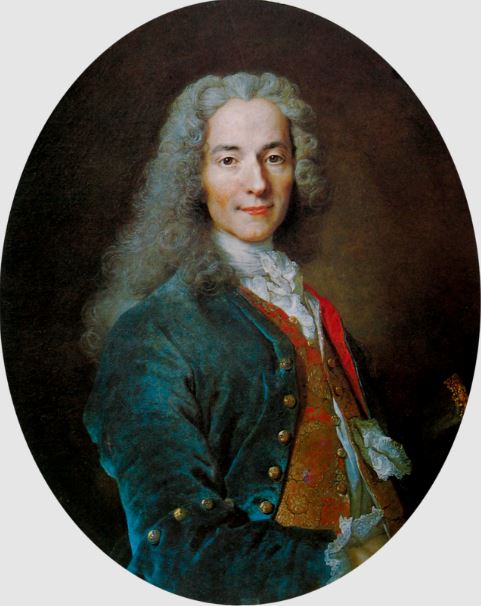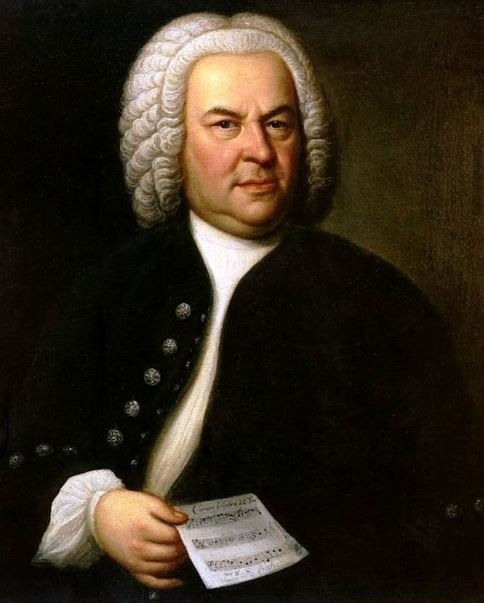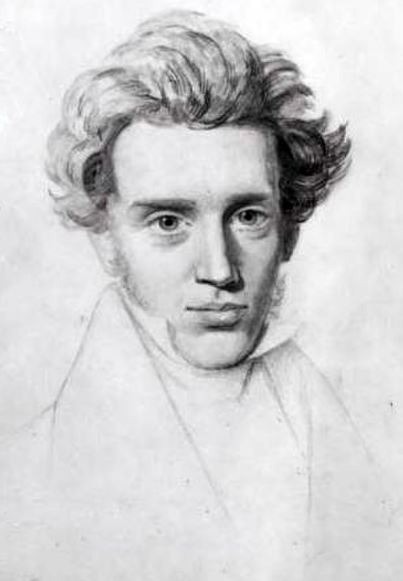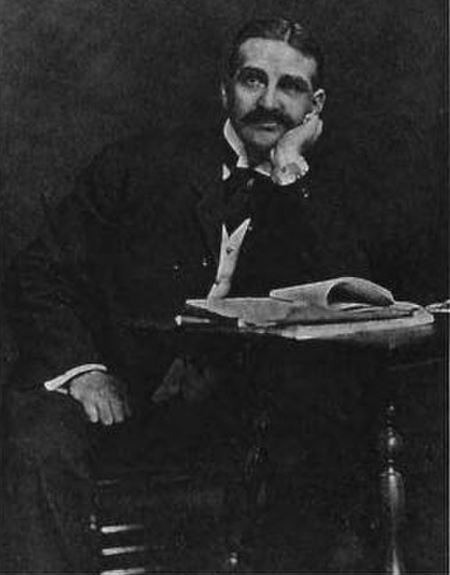What makes coffee so addicting? Is it the enticing aroma that instantly flares our nostrils? Is it the rich, deep flavor? Or is it the stimulating properties? It can be all of them.
So, we cannot blame these famous historical figures for making coffee an essential part of their routine. Like the rest of us, these famous people couldn’t function without coffee – they were so dependent on it.
If these famous coffee addicts were still alive today, they would have been likely to hang out at Starbucks several times a week! Imagine Beethoven or Roosevelt walking over to the counter and ordering latte – tall and hot? Or a Frappuccino?
The oft-repeated saying that “great minds start with great coffee” may ring true to these famous historical figures, whose contributions changed the society and the world. Credit good cups of coffee for that – and maybe a bit too many cups. Their fabled caffeine-chugging habits will surely put any of your coffeeholic friends to shame.
Here are some of the most famous coffee fiends in history:
Voltaire (1694 – 1778)
Renowned French writer and philosopher Voltaire (François-Marie Arouet) reportedly drank between 40 to 50 cups of coffee a day. Apparently, his own caffeine concoction consisted of a coffee and chocolate blend, pretty similar to mocha. He would pay exorbitant fees to have his luxury coffee imported.
Voltaire’s physician warned that his beloved beverage would kill him. But it looks like he proved his doctor wrong, as his coffee habits seemed to help him live long (he died at the age of 83).
Johann Sebastian Bach (1685 – 1750)
Probably the most famous Baroque composer, Johann Sebastian Bach was no different from many of us. He was also a coffee addict. Bach’s love for coffee was so strong as his own brew that he literally penned a song about it: Coffee Cantata. This satirical cantata amusingly tells of a dependence (or addiction) to coffee. Apparently, Bach wrote the piece to mock the public outcry against the rise of the Vienna coffeehouse scene, as coffee was regarded as a “devil’s drink” or “vice.”
Ludwig van Beethoven (1770 – 1827)
Beethoven was another famous classical music composer who was also a coffee addict. Apart from his works such as the “Fur Elise,” Moonlight Sonata, and the Fifth Symphony, Beethoven was also famous for his deafness that, unfortunately, might have contributed to his notoriously temperamental behavior. Beethoven was also pretty obsessed with numbers and counting – the composer’s morning routine consisted of counting precisely 60 coffee beans per cup.
Søren Kierkegaard (1813 – 1855)
When it comes to his coffee-drinking habits, Kierkegaard was very much like Voltaire in the sense that he needed a little sweetness to reduce coffee’s bitterness. But that “little sweetness” may be too cloying for a lot of people, even those with a sweet tooth.
According to Joakim Garff, a Kierkegaard scholar and biographer: “Delightedly he seized hold of the bag containing the sugar and poured sugar into the coffee cup until it was piled up above the rim. Next came the incredibly strong, black coffee, which slowly dissolved the white pyramid.” Kierkegaard would add up to 30 sugar cubes to a single cup of coffee. Yes, that’s diabetes waving.
The famed Danish theologian may be a little too obsessed about his coffee. He owned around 50 coffee cups. He would ask his secretary not only to choose one cup for each serving, but also provide a valid philosophical reason for his choice.
By the way, if you want to make your coffee a bit sweeter (but don’t want to pile your cup with a mountain of sugar just like Kierkegaard did) check out 6 Ways to Sweeten Your Coffee.
Theodore Roosevelt (1858 – 1919)
The 26th US President accomplished a lot in his life, and much of the credit should go to his coffee and sugar. “Teddy” downed a gallon of coffee a day – in fact, his son said that the President’s coffee mug was “more in the nature of a bathtub.”
Roosevelt is said to add five to seven lumps of sugar to his coffee, although he eventually switched to saccharine.
Marcel Proust (1871 – 1922)
Unlike many famous people here on this list who seemed to draw their energy from consuming more coffee (and other things), the French novelist Marcel Proust did the other way around. He got his own energy from some kind of a strictly regulated deprivation.
Proust’s housekeeper, Celeste, wrote that he had two bowls of black coffee, hot milk, and a couple of croissants. That was his typical meal after waking up late in the afternoon. After that, he little (or never) consumed anything else. Celeste added, “I’ve never heard of anyone else living off two bowls of café au lait and two croissants a day. And sometimes only one croissant!” However, Proust did dine out occasionally in the evenings, where he reportedly feasted on lots of food.
L. Frank Baum (1856 – 1919)
The beloved author of The Wonderful Wizard of Oz series was a morning person. Upon rising at 8 a.m., he would eat a hearty breakfast, which also included five cups of strong coffee with cream and sugar. Not surprisingly, he relied on coffee to get his creative juices flowing.
Benjamin Franklin (1706 – 1790)
Among the seven Founding Fathers, Benjamin Franklin was somewhat of a coffee snob. In fact, he loved to hang out at coffee shops before it became a cliché. He would frequent there to hold political meetings, play chess, or just have some good chat.
Before setting out for London, Franklin instructed his sister to have his mail sent to his favorite coffee shop Birchin Lane (obviously, he was a regular there). Ever the diligent and industrious businessman, Franklin also sold his own coffee beans.
Napoleon Bonaparte
The French military and political leader loved his coffee, and he did so towards the end of his life. He is said to have requested for a spoonful of coffee while on his deathbed. The subsequent autopsy revealed some coffee grounds in his stomach.
Did you know the famous quote that appears on many coffee mugs — “I would rather suffer with coffee than be senseless”? Credit that to Napoleon. He is also responsible for the lesser-known coffee-related quote that’s also worth remembering: “Strong coffee, much strong coffee, is what awakens me. Coffee gives me warmth, waking, an unusual force and a pain that is not without every great pleasure.” Sounds relatable to every coffee lover, doesn’t it?

